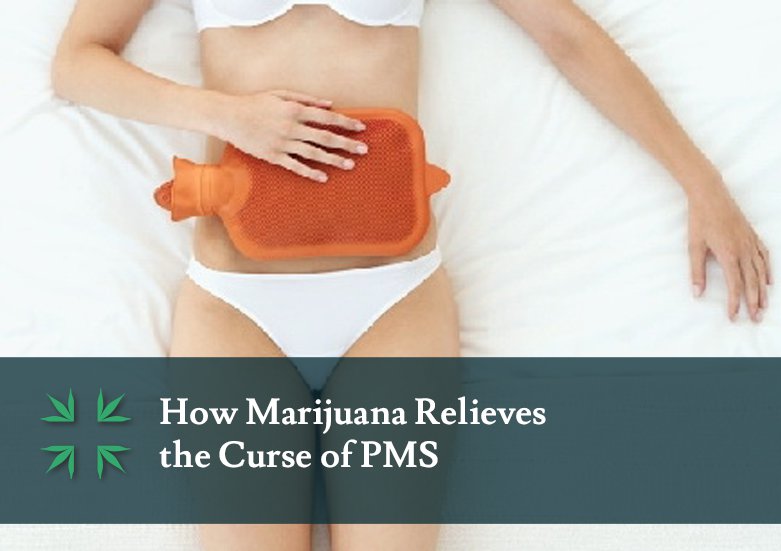Pre-menstrual symptoms are the bane of every woman at some time or another. Even for those whose menstrual cycles are light, mood swings is common, depression and lethargy can affect the most enthusiastic person, and there is hardly any woman who doesn’t occasionally feel downright as she begins to go into her monthly cycle.
The medical board estimates that at least eighty percent of menstruating women experience some of the symptoms of PMS on a regular basis. Twenty to thirty percent experience symptoms severe enough that they interfere with her daily functioning. Since most women are young when they begin experiencing pre-menstrual symptoms, this can affect their scholastic studies, as well as relationships and work dependability.
Evidence suggests that PMS results from the alterations or interactions between the levels of sex hormones and brain chemicals known as neurotransmitters. It does not appear to be associated with any particular personality factors or personality types.
Treatments for PMS run the gauntlet of medication for the physical symptoms, such as diuretics for water retention, aspirin and ibuprofen for cramps and birth control pills to alter the hormonal changes, to mood altering drugs, such as valium and anti-depressants. Dr. Phil Leveque, professor of phamacology with the University of London, believes there might be another answer. He points out that Queen Victoria discovered that marijuana aided her muscle cramps (prostaglandins) when cannabis was first brought to England in 1840. She had previously tried coca (cocaine in its natural leaf form), opium, wine and chloroform.
Prostaglandins, states Dr. Leveque, was first discovered in the prostate gland and in semen, in 1935. Later it was understood that protaglandins occur all over the body and are related in structure to the natural cannabinoids anandamide and 2-AG. Dr. Leveque affirms that marijuana is an excellent anti-spasm drug and painkiller.
But what about the mood swings? Tetrahydrocannibinol (THC), the primary active ingredient in marijuana, affects the interplay of neurotransmitters by altering the strength of some of these signals. Depression, anxiety, and irritability can be relieved without an assortment painkillers, muscle relaxants, and anti-depressant pills harming a woman’s young reproductive body.

Leave A Comment